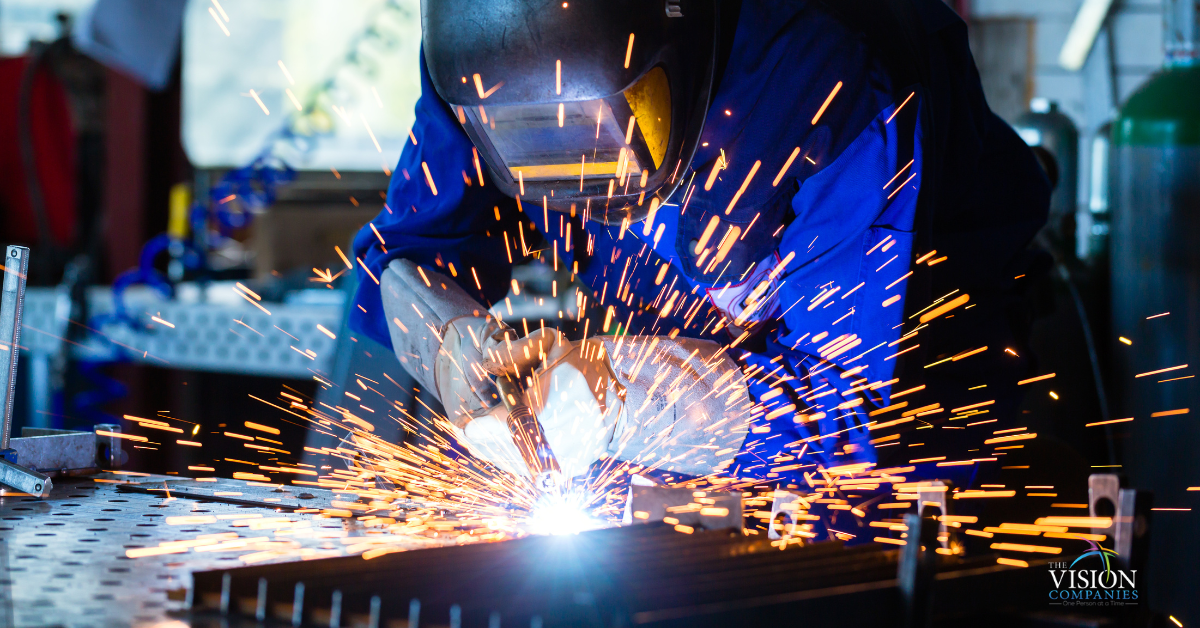
When most people think about career opportunities, they often picture office jobs in technology, law, or finance. But behind every building, power system, and road we use daily, there’s a skilled tradesperson making it possible. Skilled trades are the backbone of our economy, and their importance is only growing. From electricians and plumbers to welders and machinists, these careers offer stability, high earning potential, and job security—yet they are often overlooked.
The Rising Demand for Skilled Trades
The demand for skilled trades is soaring, and it’s not slowing down. In fact, the U.S. Bureau of Labor Statistics projects that jobs in construction, maintenance, and manufacturing will grow much faster than the average for other occupations over the next decade. Take construction, for example—demand for workers is expected to grow by 4% annually through 2029 due to the increasing need for infrastructure and housing developments.
This growing demand is further complicated by a widening skills gap. As older tradespeople retire, fewer young workers are stepping in to fill their roles. In 2020, over half of construction workers were over 45, while only 9% were under 25. If this trend continues, industries may struggle to keep pace with demand.
Why Skilled Trades Matter
Without skilled tradespeople, cities would struggle to expand, homes wouldn’t get built, and industries would stall. These workers are critical in keeping our infrastructure functional, ensuring that power lines stay operational, and manufacturing products that drive the economy. Beyond economic impact, skilled trades also contribute to safer communities. They install electrical systems, repair plumbing, and build structures that withstand natural disasters—impacting the quality of life for everyone.
The Future of Skilled Trades
The skilled trades industry is also evolving. With advancements in automation, robotics, and digital tools, today’s tradespeople need to master new technologies. For example, modern welders may use robotic arms or 3D printing to create precision parts, making the field more dynamic than ever. This shift means skilled trades are becoming even more valuable, requiring workers to stay adaptable and embrace innovation.
Investing in the Next Generation of Tradespeople
As skilled trades continue to grow in demand, it’s crucial that we invest in training and apprenticeships to build a strong workforce. Whether you’re a job seeker looking for a stable, rewarding career or an employer seeking skilled talent, now is the time to recognize and support the trades. The future of our infrastructure—and our economy—depends on it.
Interested in learning a new trade?
Explore all of the open positions that our team at The Vision Companies has to offer!


